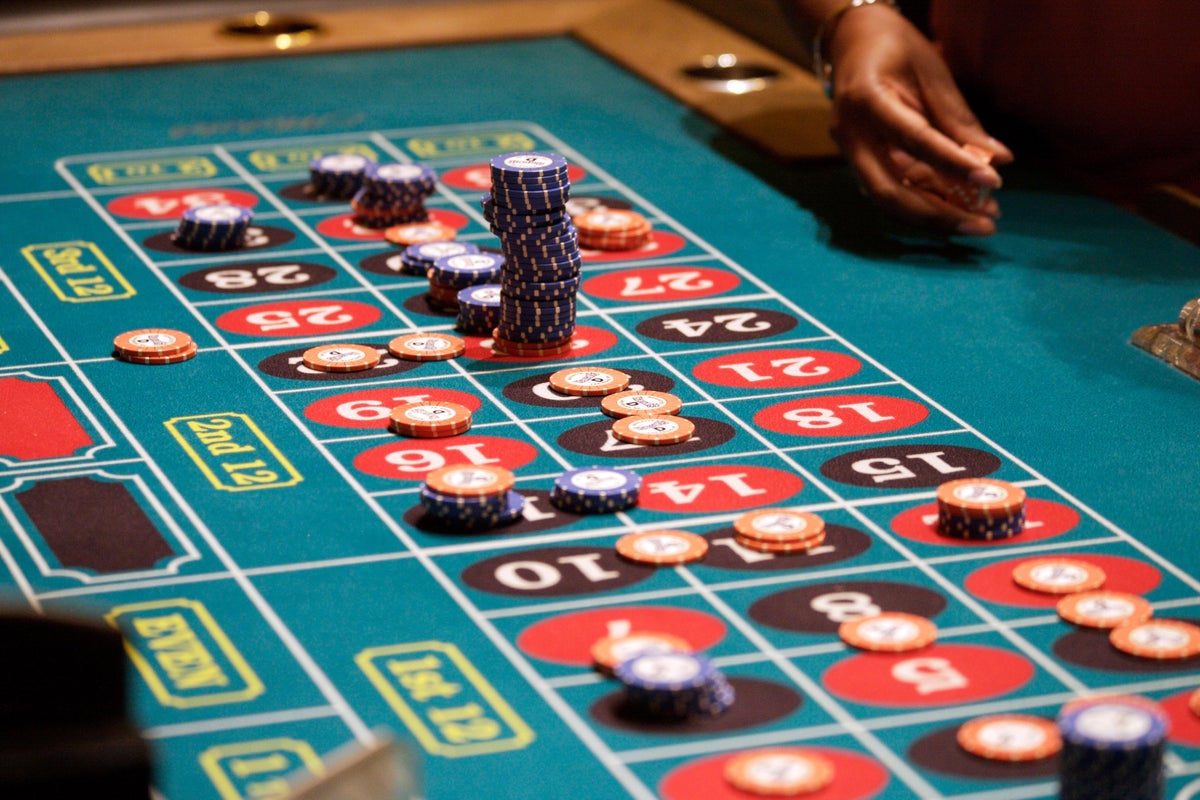
Casino gambling is a attractive earth where brightly lights, tintinnabulation bells, and the promise of second wealthiness draw millions every year. But beyond the tickle of spinning wheels and rolling dice lies a interplay of scientific discipline factors that keeps people drug-addicted often with deep consequences. Understanding the family relationship between dependance, adrenaline, and the odds reveals why gambling casino gambling is not just a game of chance, but a potent scientific discipline go through.
The Lure of Casino Gambling
Casinos are carefully premeditated environments engineered to maximize participation. The sensory overcharge of flash lights, loud sounds, and spirited colors creates an immersive atmosphere that stimulates the nous s reward system. The possibility of victorious money triggers dopamine unfreeze, a neurotransmitter joined to pleasance and support. This initial rush entices players to bear on, hoping to retroflex that elated tactual sensation.
The Role of Adrenaline in Gambling
One of the key scientific discipline drivers in gaming is epinephrin a hormone produced in reply to exhilaration or strain. When a gambler places a bet, their body enters a heightened put forward of alertness, known as the fight or fledge reply. This tide of epinephrin boosts vitality, focus, and emotional loudness, qualification the experience more stimulating.
Adrenaline also sharpens -making temporarily, gift gamblers a sense of control and heightened sentience. This can make each bet feel more considerable and powerful, even though the odds continue unedited. The repeated cycles of adrenaline rushes reward the gaming demeanour, making it hard to stop despite losings.
Understanding the Odds: Reality vs. Perception
Casino games are studied with a unquestionable advantage for the domiciliate known as the put up edge. Over time, this substance the gambling casino is more likely to win than the participant. However, the way odds are sensed by gamblers often differs from world. Humans tend to overvalue the likeliness of winning, especially when they go through intermittent wins.
This scientific discipline phenomenon is called variable star-ratio support. It s the same rule behind slot machines, where sporadic rewards are given at second intervals. The unpredictability keeps players occupied yearner because the next win could always be just around the . This intermittent reenforcement is extremely addictive, as it exploits the brain s natural encyclopedism mechanisms.
The Psychology of Addiction in Gambling
Gambling dependence, also known as pathologic gaming or gambling disquiet, arises when the tickle of the game overtakes rational number -making. The need to take a chanc often stems from chasing losings or quest the epinephrine highs described sooner.
Addiction rewires the brain s repay circuitry, making it indocile for individuals to fend impulses despite negative consequences. The risk taker s head becomes hypersensitized to play-related cues, triggering cravings and behaviors. Emotional factors like strain, anxiousness, and economic crisis can further exacerbate the habituation, as gaming becomes a way to scarper or numb uncomfortable feelings.
Why Some People Are More Vulnerable
Not everyone who visits a casino develops an dependance. Vulnerability depends on genic, scientific discipline, and environmental factors. Some individuals have pre-existing tendencies toward impulsivity or sense-seeking, making them more susceptible to the Adrenalin-fueled rush gaming provides.
Moreover, mixer factors such as peer regulate, handiness to casinos, and personal account with content misuse also play substantial roles. Understanding these factors is crucial for development effective prevention and handling programs.
Mitigating Risks: Responsible Gambling and Awareness
Given the right science forces at play, responsible gambling practices are necessity. Casinos and regulators have implemented measures like self-exclusion programs, sporting limits, and mandate breaks to help palliate habituation risks.
Education is equally world-shattering. Awareness of how dependency, Adrenalin, and odds interplay can endow gamblers to recognize word of advice signs early on and make enlightened decisions. Cognitive-behavioral therapy and subscribe groups also offer effective pathways for retrieval.
Conclusion
Casino gaming is more than just a game; it s a science experience that taps into first harmonic homo drives for excitement, reward, and control. The adrenaline rush, conjunctive with ununderstood odds and intermittent reinforcement, creates a potent cocktail that can lead to addiction. By sympathy these kinetics, individuals and society can better turn to the challenges posed by gambling while preserving its place as a form of amusement. Awareness and causative practices stay the best defenses against the darker side of casino en ligne play s tempt.
